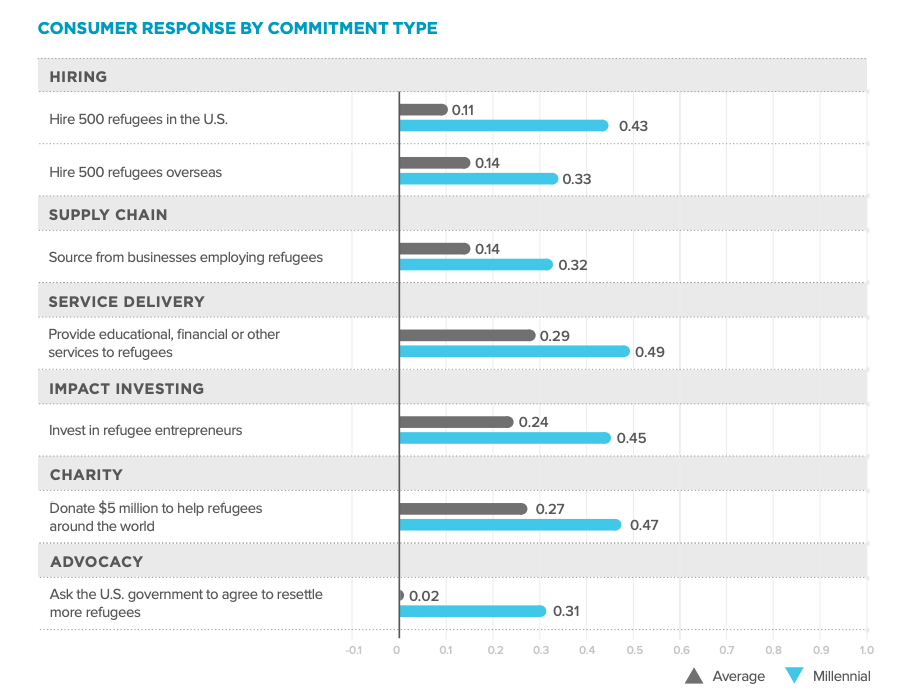A friend sent me a link to this open letter from Canadian CEOs, calling on their peers to support efforts to stop the spread of COVID-19. I’m not sure whether he expected me to be pleased that CEOs were speaking out, or anticipated that I would have a lot of “feedback.” Probably both.
I think a lot about CEO responsibility, in fact have dedicated the next phase of my career to helping CEOs use their power and influence for societal good. So certainly I was glad to see that Canadian CEOs were taking a step in this direction with their public statement.
“We urge every leader in the country to immediately shift focus to the singular objective of slowing the pace of transmission of this coronavirus,” they wrote in the letter published by the Globe and Mail.
That Canadian CEOs are speaking out with a united voice is notable and commendable. While CEOs in the U.S. have issued public letters several times in the past two years, on reproductive rights, gun control and other issues, Canadian CEOs have missed key moments in Canada’s history where their voice mattered but was silent, one of the most important, in my opinion, being the passage of Bill 21 in Quebec.
So yay for the fact that they have spoken out.
But wow, am I underwhelmed. The contents of the letter can be summarized pretty much as: let your employees do what the government is telling them to do. Gee. No kidding.
These leading Canadian CEOs could have done so much more with their influence. They could have said any of the following and had a meaningful impact:
- We will not require doctors’ notes from employees that need to self-isolate, and neither should you, Tim Hortons franchise owners.
- We will give grace periods for our customers who run into financial difficulty during this period. (I’m looking at you, the six bank CEOs who signed this letter.)
- We will look for ways to support our small business partners, such as those who run restaurants and other tourism-related businesses, through this period of cancellations and slowdown. (Yes, all of you who have had to cancel events.)
- We are offering corporate resources and expertise to the federal government to implement their strategy, as companies such as Walmart and Walgreens did in the US, by making parking lots available for driving through testing. Count the number of CEOs at this Trump press conference.
I genuinely applaud our Canadian CEOs for speaking up during this crisis to urge companies to support efforts to control the virus’s spread. But they missed an opportunity to lead, to build trust, and to do good.



